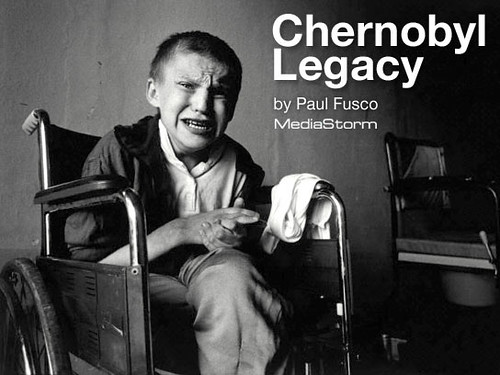Are we prepared to deal with another Bhopal Gas Tragedy? With Civil Nuclear Liabilities Bill its hard to imagine

The victims of the Bhopal Gas Tragedy, one of the world’s worst disasters are still facing the consequences of the unfortunate incident. The legal framework in 1985 was inadequate to conduct a fair trial of Union Carbide and its CEO Warren Anderson. The U.C.C paid a settlement amount of 470 million dollars to the victims, considering it as its moral obligation. No criminal or civil proceedings were initiated against the notorious Multinational Union Carbide. The decision of Bhopal Gas Tragedy still considered a black chapter in the judicial history of India.
Instead of rectifying the flaws that were observed in the Bhopal Disaster Case, the United Progressive Alliance (U.P.A) government was planning to put forth the Civil Nuclear Liability Bill. However due to the mass opposition from all the sectors of the society, the government had to eventually withdraw its scheduled introduction in the Parliament.
The Nuclear Liability bill was highly criticized on its provisions related to compensation including capping of nuclear operator liability, fixing maximum liability amount and the absence of direct liability of supplier. It is also contended that the maximum liability mentioned in the bill is the minimum liability considered in United States.
The government is also planning to be a part of the Convention on Supplementary Compensation (CSC), which is funded by the International Atomic Energy Association. The convention which is yet to be operational is so far ratified by only four countries amongst which U.S.A is the only country with most of the nuclear installations. The parties to the convention contribute to an international fund which is then utilized to provide additional compensation beyond liability to the member states.
The bill clearly states that a three-tier compensation scheme would be instituted on occurrence of any nuclear accident. The maximum liability enumerated is 300 million Special Drawing Rights (i.e. Rs 2,100 crore). However Russia has fixed no maximum liability in such cases.
Unlike in countries like Germany and Finland, the bill fixes the liability of the operator to mere Rs 500 crores or 109 million dollars. When compared to the inadequate compensation granted in Bhopal gas tragedy (470 million dollars) the amount is found extremely low. It is also argued that capping liability is contrary to the judgment passed in the Oleum Gas Leak case. The Supreme Court in the judgment stated that the liability in such cases must be strict and absolute.
Further, the Clause 17-a of the bill has positioned an indirect and remote liability on the supplier. The right to recourse is only provided in cases of gross negligence or wilful act on the part of the supplier. However it does not include supply of defective articles. Any further appeal in a civil court is disallowed, if it is decided by Claims Commissioner or a Nuclear Damage Claims Commission, which deal with potential nuclear damage claims under the Clause 35.
It is unfortunate that the provisions of the bill are detrimental to the interests of its own citizens. The bill not only infringes upon the fundamental rights of the individuals by debarring their right to appeal and limiting right to recourse. It also enforces a heavy burden on the tax payers of the country. Relying on a convention which is yet to be operational, for supplementary compensation is highly flawed policy decision by the government. The consequences of a nuclear accident would be far more adverse than that of Bhopal Gas Tragedy. The government must reconsider its proposals for the betterment of the society at large.
Read more
